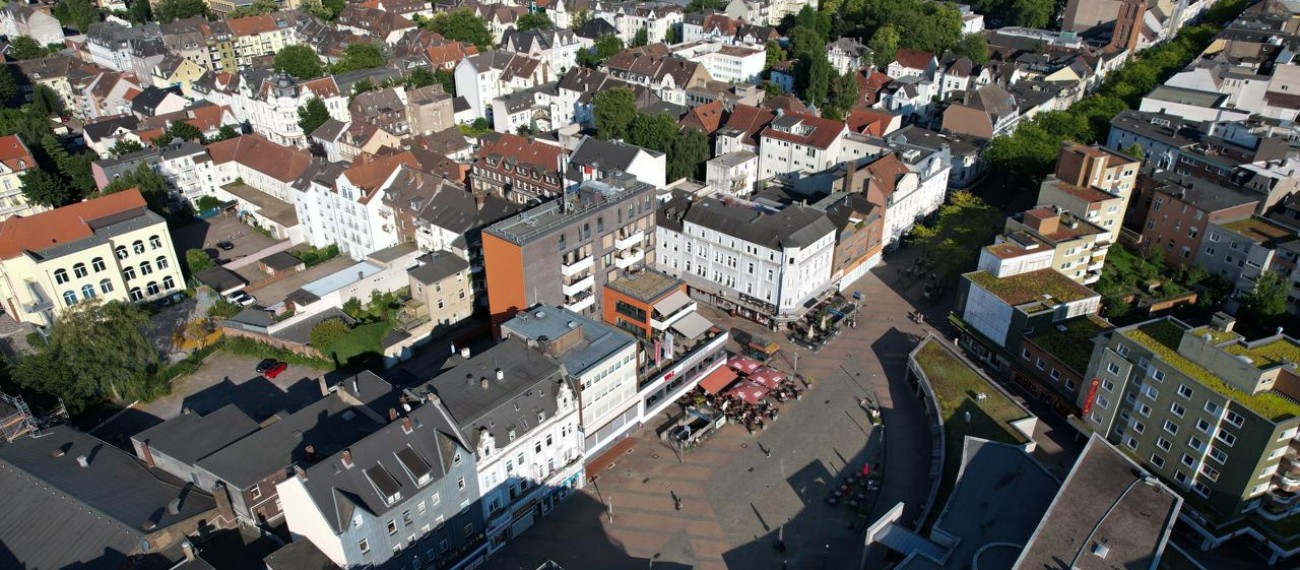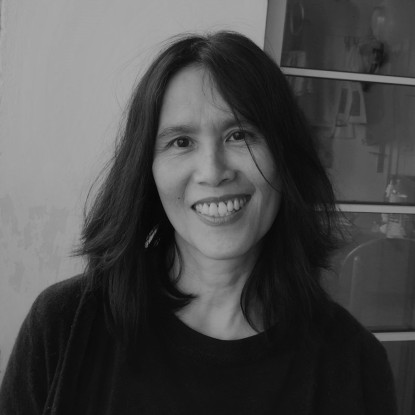Urban mental health is becoming increasingly important in the context of growing urbanization, various environmental factors, and the associated changes in quality of life. City centers particularly reflect this transformation and highlight the necessity of developing innovative concepts for future development. This project sees this transformation as an opportunity to assign new health-promoting functions to city centers from a community health perspective and explore their potential as therapeutic landscapes. Community health emphasizes the diversity of society, especially including marginalized groups.
Urban life, in interaction with urban social spaces and city planning, is characterized by specific behaviors, socio-economic, and socio-psychological conditions. These can have far-reaching impacts on mental well-being—both health-damaging and health-promoting. In this context, geography refers to therapeutic (urban) landscapes. For instance, design elements can be developed to allow people to move through public spaces with greater comfort, autonomy, and safety. Urban design can remove and compensate for barriers in coping with everyday life, such as lowered curbs, smart lighting, or the use of green spaces and water features.
City centers, as the spatial, cultural, and political cores of European cities, amplify health risks due to high activity levels, dense stimuli, and environmental stressors such as noise and pollution. Compared to rural residents, urban population experiences a higher prevalence of various psychological impairments and disorders. For example, unnatural light exposure can increase the risk of depression, and the development of anxiety disorders is significantly higher in urban areas.
The junior research group within the project focuses on causal relationships between the mental health of various communities and the design and use of city centers. The aim is to derive approaches that promote mental well-being in city centers. In this context, not only various stress factors and coping strategies but also empowerment processes for diverse communities and social space actors as well as suitable strategies for urban design to promote mental health in city centers are considered.
The junior research group “Urban Community Mental Health (UCoMH)” is funded by the Heller Stiftung within the Deutschen Stiftungszentrum for 3.5 years, enabling three researchers to qualify through doctoral or postdoctoral phases. UCoMH is located at the Department of Health Sciences of the Bochum University of Applied Sciences for Economics, Technology, and Health, as well as the Department of Architecture of TU Darmstadt. The junior research group is led by health psychologist Prof. Dr. Anna Mikhof, with contributions from Prof. Dr. Heike Köckler as a social space and health professor and Prof. Dr.-Ing. Martin Knöll as a professor of design and urban planning. Junior researchers Leonie Wieners and Clarissa Heiler have started their work in Bochum, while Lanqing Gu is based in Darmstadt. The research primarily takes place in cooperation with administration and social space actors, focusing on the example of Herne's city center.
Coordination
Department of Health Sciences of the Bochum University of Applied Sciences
- Prof. Dr. Anna Mikhof
- Prof. Dr. Heike Köckler
In Cooperation with
Chair of Urban Design and Planning, Department of Architecture, TU Darmstadt
- Prof. Dr.-Ing. Martin Knöll
Junior Researcher Group
- Lanqing Gu (TU Darmstadt)
- Clarissa Heiler (The Bochum University of Applied Sciences)
- Leonie Wieners (The Bochum University of Applied Sciences)
Time Period
January 2025 – June 2028


